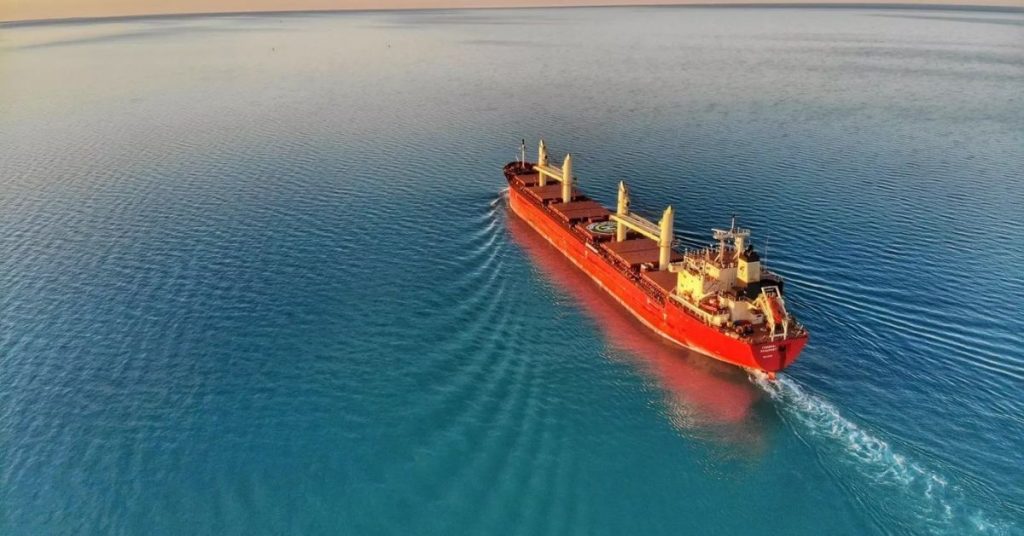At the third United Nations Ocean Conference (UNOC3), the United Nations Development Programme (UNDP) emphasized the urgent need to advance a sustainable ocean economy as a core pillar of human development. Speaking during Ocean Action Panel 6, UNDP reiterated its commitment to promoting sustainable ocean-based economies, strengthening maritime transport, and enhancing the resilience of coastal communities—ensuring no one is left behind.
In its remarks, UNDP highlighted that a sustainable ocean economy is not just an environmental concern but a socioeconomic imperative. Over three billion people globally depend directly on marine and coastal ecosystems for their livelihoods, underscoring the deep interconnection between ocean health and human wellbeing.
UNDP underscored that ocean-based sectors—from traditional fisheries and marine transport to biotechnology and tourism—must be integrated with efforts to conserve and restore marine biodiversity. Effective ocean governance must move beyond fragmented, single-sector approaches and adopt holistic, inclusive, and adaptive frameworks.
“Integrated ocean governance is foundational to a sustainable ocean economy,” UNDP stated. “It enables us to align resource use with long-term stewardship and ensure that both current and future generations can benefit from ocean resources.”
The agency called for stronger policy coherence across sectors, particularly in the face of increasing pressures from climate change, pollution, and biodiversity loss. Bridging the substantial financing gap, improving scientific data, and building robust legal and institutional frameworks were also identified as critical priorities.
As part of its ongoing efforts, UNDP highlighted its Ocean Promise initiative, which supports countries in protecting marine ecosystems, improving ocean governance, and facilitating the transition from extractive to regenerative ocean economies.
“The transition to a truly sustainable ocean economy is not theoretical. It’s a practical and necessary shift—one that requires valuing marine resources not just for their economic potential but for their ecological and social importance,” UNDP concluded.
Through partnerships at local, regional, and multilateral levels, including the Biodiversity Beyond National Jurisdiction (BBNJ) agreement, UNDP continues to support countries in embedding ocean sustainability into national development agendas.
Tags: Climate Action, Maritime, Ocean, Sustainable, UNDP



Recent Posts
Stena Line’s Hybrid Ferry Stena Futura Completes Sea Trials, Set to Boost Irish Sea Freight Capacity
Taiwanese owner makes methanol move with WinGD across multiple engine orders
Econowind installs four VentoFoils on tanker M/T JUTLANDIA SWAN
Global Maritime Groups Unite to Launch Alliance for Electrification of Shipping Sector
India Charts Green Future for Maritime Sector with Hydrogen Hubs and Sustainable Port Strategy
ZeroNorth’s SMARTShip platform integrates with ClassNK MRV portal to automate emissions reporting
Towngas Partners with TLB, Pacific Basin to Advance Green Marine Fuel Infrastructure in Hong Kong
SECI Extends Bid Deadline for Green Ammonia Tender Under SIGHT Scheme